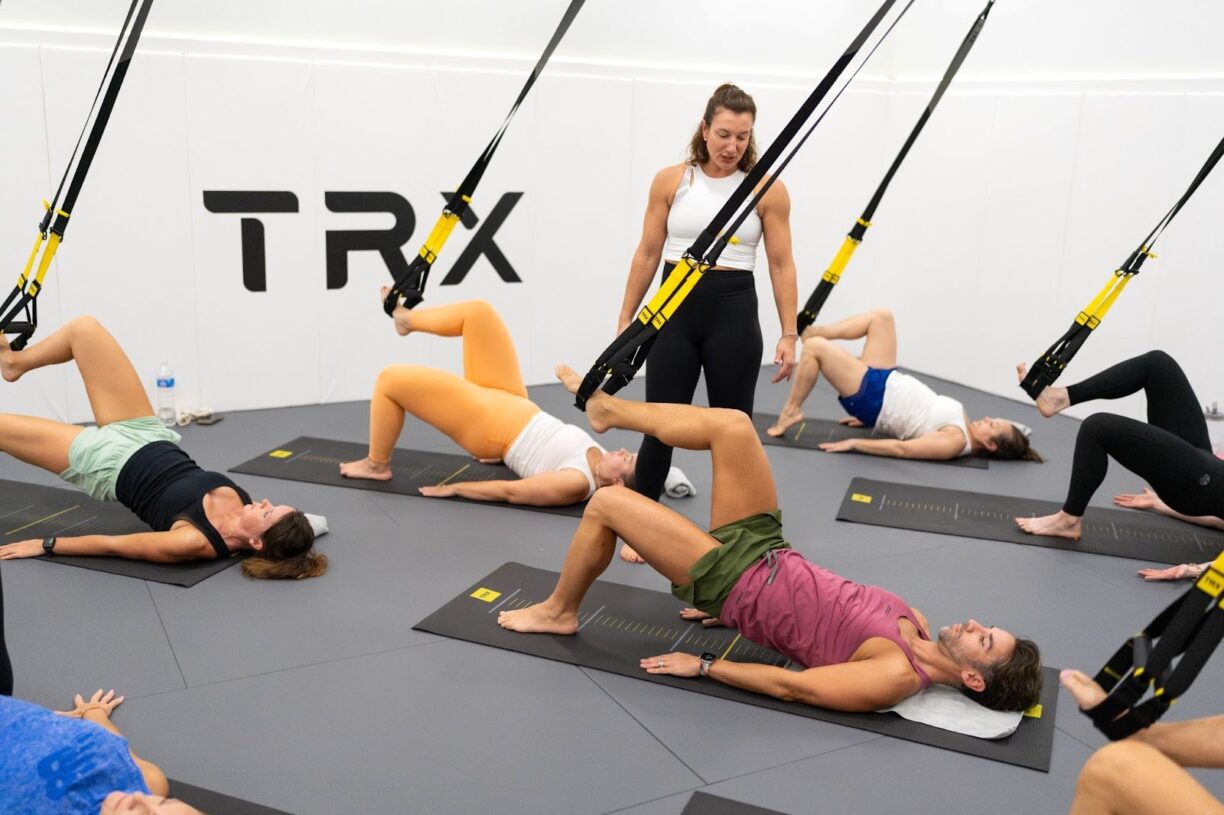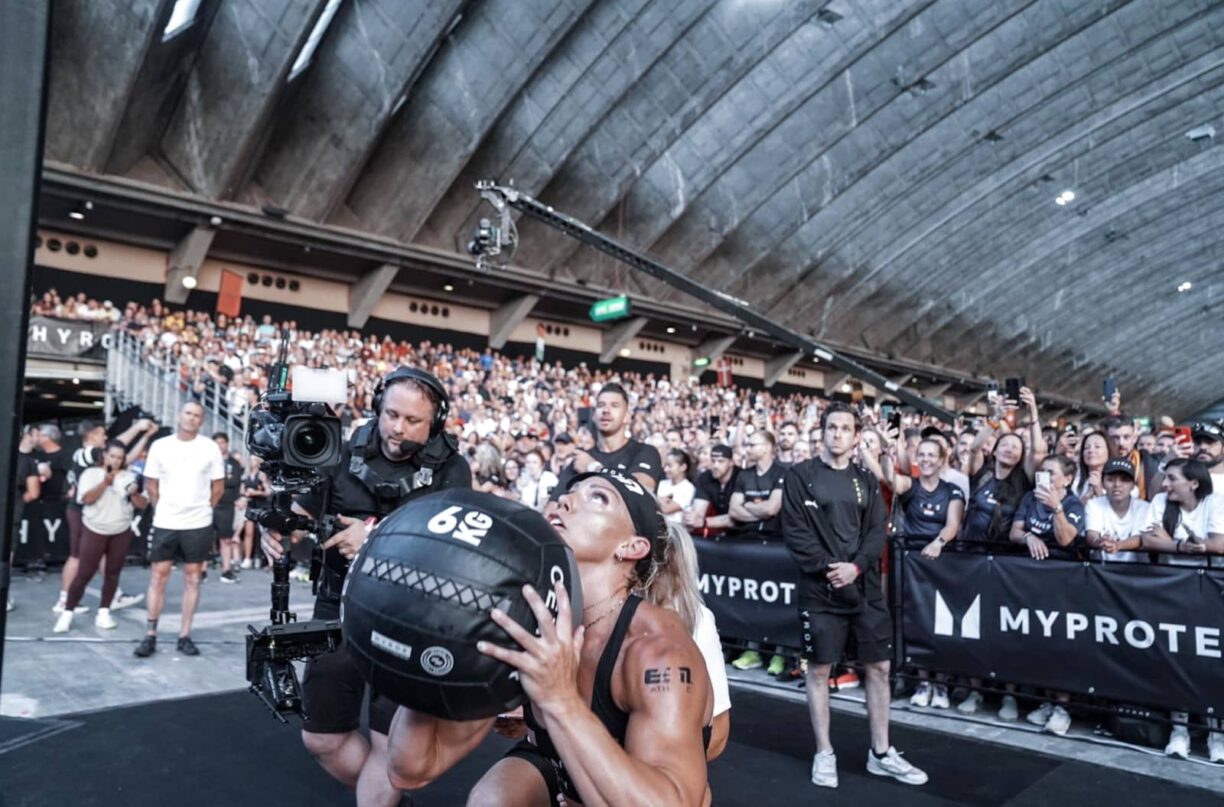Many gym-goers are making common workout mistakes that could be undermining their progress, even if they don’t realise it.
According to Leon Bolmeer, a personal trainer and owner of Geezers Boxing, these pitfalls may be silently sabotaging your strength and energy levels during workouts.
Bolmeer explains that many athletes begin their session with static stretches, believing that a full range of motion preps the muscles. However, static stretching before exercise can actually elevate the risk of injury.
“Dynamic stretches that mimic the actual movements of your workout are far more effective in preparing your muscles,” he advises.

Foam rolling is a brilliant tool when used correctly, but if you’re too heavy-handed before your workout, you might end up throwing your muscles off balance. It’s far better to reserve it for after your session—unless you’ve got that one stubborn tight spot that simply can’t wait for some post-exercise attention.
Getting your nutrition timing right is absolutely vital. Bolmeer points out that if you load up too much or eat too close to your workout, you might find yourself dragging through the session, while skimping on fuel can leave you feeling weak and utterly drained.
At the end of the day, it’s all about finding that sweet spot—timing your meals wisely and keeping your portions in check so your body has exactly what it needs to perform at its best.
Cardio is another area where gym-goers can easily trip up. Going all out on the treadmill before hitting the weights might feel like a solid plan, but it can actually drain your energy and leave you struggling through your strength session.
Instead, keep cardio light—just enough to get your body warm before lifting or to ease yourself into recovery afterwards.
Caffeine is a go-to pre-workout pick-me-up for many, but overdo it, and you might pay the price. “Too much coffee before exercise can leave you dehydrated, dizzy, and crashing halfway through your session,” warns Bolmeer.

The key is moderation—timing your intake just right so you get the energy boost without the unwanted side effects.
Post-workout stretching is one of the most overlooked steps in a fitness routine. Too many people dash out of the gym or straight into their next task, skipping the crucial cool-down their muscles desperately need.
The problem? Sitting for hours afterwards only makes things worse—tightening up your muscles, reducing flexibility, and increasing the risk of injury the next time you train. A few extra minutes spent stretching could save you a whole lot of discomfort down the line.
Dietary choices made before exercise can be just as detrimental. Bolmeer advises against consuming fibre-rich foods such as wholegrain bread, whole-wheat pasta, and oats, or certain vegetables like broccoli, Brussels sprouts, and cauliflower prior to a workout.
Similarly, nuts, fried foods, and dairy products such as milk, cheese, and yoghurt—as well as spicy foods—should be avoided.
These items are not only high in fat but may also cause discomfort or bloating, diminishing your performance. While avocado on toast might be a popular choice, it is better enjoyed after your workout, as the healthy fats can then assist with recovery rather than slow digestion.
Sugary drinks and calorie-loaded smoothies might seem like a quick and easy way to fuel up, but they can do more harm than good.
That initial energy boost? It’s often followed by a brutal crash that leaves you feeling sluggish. Energy drinks are even worse—they can send your blood pressure soaring and leave you feeling jittery rather than energised.
If you want to power through your workout, it’s best to skip the sugar rush and opt for something more balanced.
By recognising and fixing these common workout mistakes, you can fine-tune your training and see real, long-lasting results.
Bolmeer’s advice is a solid reminder that even the smallest tweaks to your routine can have a big impact—not just on your performance in the gym, but on your overall health and well-being too.





